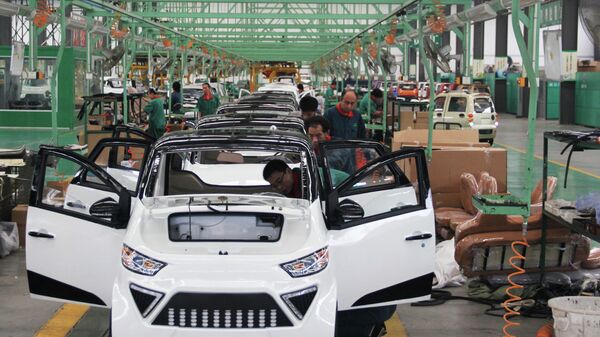British electric appliance pioneer Dyson, best known for its cordless vacuum cleaners, hand dryers and fans, is aiming to launch electric vehicles in 2021.
Dyson has picked Singapore as the site for its first electric car plant, sparking criticism of the company's Brexit-backing billionaire founder, James Dyson, for not investing more in British manufacturing.
“The decision to move the production of electric cars to Singapore is a complex one based on access to markets, supply chain considerations and the availability of the necessary expertise. And low costs, of course,” Dowd said. When asked why he chose Singapore and not another Asian country, Kevin Dowd said that Singapore is not just another Asian country like China, Taiwan, Thailand or Malaysia as it has an attractive business model and an impressive track record.
He added that potentially any other major UK manufacturer could transfer production to any of these countries or elsewhere.
“It’s all part of the natural economic process in which manufacturers move production to lower-cost locations. This is good for the countries concerned, but also good for the UK because it is part of the process by which the UK moves up the value chain and becomes more productive,” he noted.
Speaking about the way this could affect the UK economy, Kevin Dowd said that it could, but in the long term.
“In the short term, there might be adverse adjustment issues but as I have said, such relocations of manufacturing activity are a natural and beneficial process and have been going on for a long time.”
When asked if Britain would be able to find a replacement for EU markets in Asia after Brexit, Dowd said he didn’t think that Britain might lose markets post-Brexit.
“I don't think it will. But you have to bear in mind that for a long time now the UK's trade with the EU has been declining and its trade with the rest of the world has been increasing,” he observed.
“This is all to the good, and will continue regardless of the precise shape that Brexit takes,” he added.
READ MORE: China's Upcoming Transition to Electric Cars 'Will Benefit the Whole Economy'



